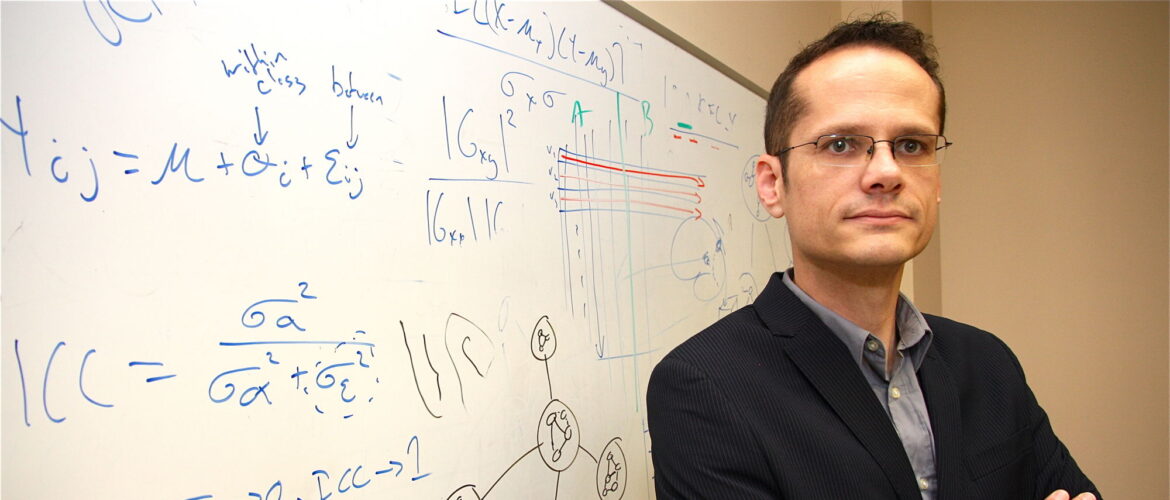At diTHINK, expect to hear from speakers representing the span of Ontario’s innovation landscape, including advanced computing. Meet Mark Daley, one of the diTHINK speakers, and learn about his vision for Ontario’s digital research infrastructure.
What do you do at Compute Ontario, and why is Compute Ontario partnering with ORION at the diTHINK Conference?
I am Compute Ontario’s newly appointed chair of the board of directors, and at Western University I am the interim associate vice president (Research) and an associate professor of computer science, biology and statistics and actuarial science. In my role as AVP (Research), I’m responsible for supporting the entire research endeavour of the university, from biomedical engineering to music history. One of the many privileges of that job is the opportunity to see broad research trends and one of the strongest trends I see is the ubiquity of data and the need for computation.
Compute Ontario and ORION are natural partners as we each represent important, but distinct, portfolios that, together, form an important foundation for Ontario’s digital future.
You’ve probably seen the gamut of research and computing. What kinds of projects in Ontario heavily depends on digital infrastructure? Why is that?
Twenty years ago, data was rare, hard to collect, and extremely precious. Now, a sociologist can generate hundreds of gigabytes by recording a day’s worth of the Twitter public feed. In the 21st-century, whether it’s analyzing huge amounts of data, simulating complex engineering or physics problems or exploring the limits of human interaction with media, nearly all researchers are going to depend on digital infrastructure.
Computing is to digital infrastructure what the power grid is to industrial infrastructure. Computation is an engine that drives the research enterprise forward. The rapidly growing need for data analytics is a good example of this. Consider molecular biology: 25 years ago, sequencing a single gene was a major achievement. Now? A biologist can press a button on a next-generation sequencer and generate a terabyte of data. Analysing data on that scale simply demands computational infrastructure.
The conference theme is how technology enables the individual. What’s been a particularly empowering example you’ve seen of how technology supports a researcher?
Dr. Carolyn McGregor’s Artemis Project relies on sophisticated real-time analytics to help save the lives of premature babies. Each of these lives saved is an individual that may have been lost to our society had it not been for Dr. McGregor’s work and the computational infrastructure which enabled it. That is empowering!
What would you like to see improve in the future of Ontario’s digital research infrastructure? Why is this important to you?
I am looking forward to watching Ontario build on its successes. The existing HPC consortia in Ontario represents two decades-worth of hard work, experience, and expertise that have led to many very significant accomplishments. Building stronger ties between these existing points of excellence will give Ontario a strong, resilient, foundation of digital infrastructure to pursue the research missions of the 21st-century.

